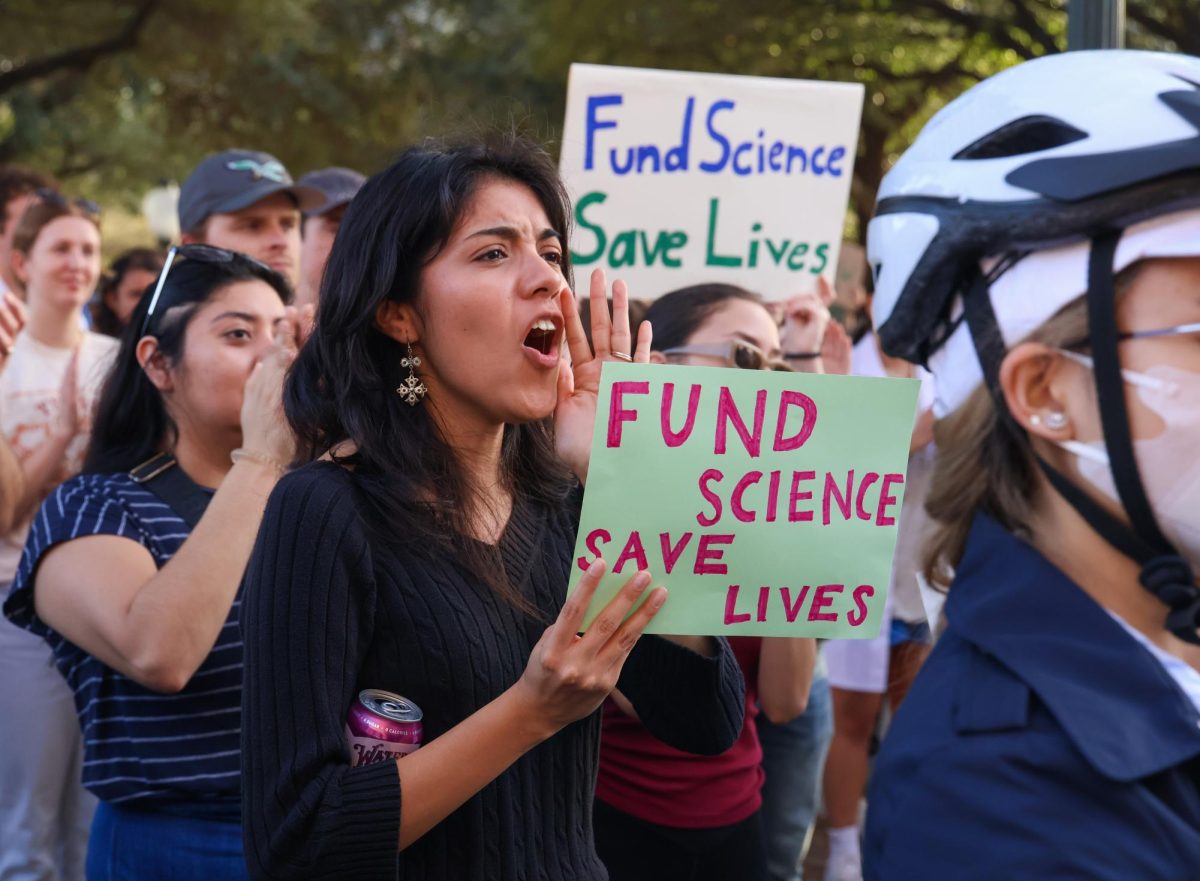An increase in gas prices could be behind the steady rise of UT students that have used Capital Metro campus shuttles and mainline buses during the past six months, Cap Metro official said.
UT’s Parking and Transportation Services does not yet have passenger counts for campus shuttle use in February and March, but student ridership is expected to be higher than normal, said Blanca Juarez, alternative transportation manager at PTS. She said it is most likely because of rises in gas prices, among other factors.
According to AAA Texas’ daily fuel gage report, regular gas prices in the Austin-San Marcos area hit an average of $3.60 Thursday, compared to $3.47 one week ago. This week last year, gas prices were $.90 lower, according to the report.
“Students would react this way because by riding the bus fare-free, they’re able to save money, free up time from driving for other things and avoid the hassles of driving during rush hour,” Juarez said. “As gas prices continue to rise, we will see even more students board the buses to save some money.”
According to Capital Metro statistics, students boarded shuttles 2,323,949 times and mainline buses 1,019,958 times between October 2009 and February 2010. From October 2010 to February 2011, students boarded shuttles 2,410,219 times and mainline buses 1,088,744 times.
UT student ridership has increased by 3.71 percent on shuttles around campus and 6.74 percent on mainline buses in the past six months, according to the statistics. Capital Metro spokeswoman Misty Whited also attributed the increase in ridership to more expensive gas prices, among other issues.
“Contributing factors could be so many different things, we would really have to do a survey to see specifics,” Whited said. “When gas prices go up, ridership in general goes up. That’s definitely a part of it.”
Other reasons, such as the semester coming to a close and more students traveling to and from campus for final exam study sessions and deadlines for class projects, may also contribute to the rise in usage of Capital Metro, Whited said. Chemical engineering sophomore Elizabeth Orth said that she is more likely to choose the bus because her car is parked far away.
“I don’t want to walk to my car,” she said. “I’m more likely to take the bus because of convenience as opposed to any monetary reasons associated with driving myself.”
——————————————————————————–




















